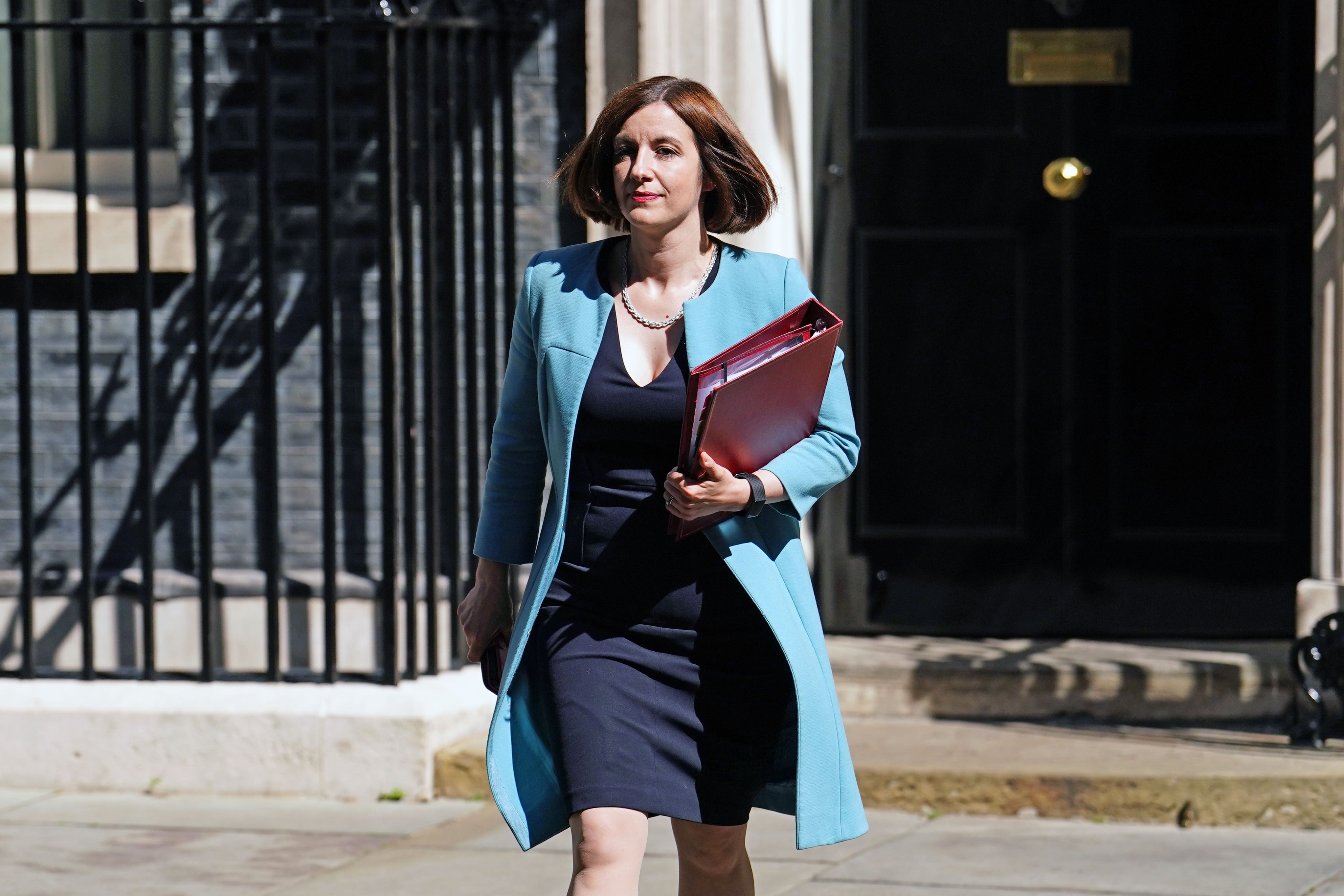University tuition fees: What it means for students and why are they increasing?
Fees are reportedly due to increase from £9,250 to £10,500 from September 2025

In a move that will dismay thousands of prospective students, Sir Keir Starmer is set to increase tuition fees for the first time in eight years.
Education Secretary Bridget Phillipson will make a statement in the Commons on Monday afternoon, which will see an increase in line with the Retail Price Index inflation, The Independent understands.
Previous reports have speculated that fees could rise from £9,250 to £10,500 and come into force in September 2025, affecting school students who are currently sitting their A-Levels.
It comes as university leaders have warned of significant financial concerns as a result of frozen tuition fees paid by domestic students and a drop in international students.

Why are the fees rising?
Earlier this month Universities UK (UUK) said government grants and fees have not kept pace with rising costs, causing budget deficits.
UUK suggested that if investment in teaching students had kept up with inflation, funding per student would be in the region of £12,000-£13,000. It added that any rise should be accompanied by additional support to help with the cost of studying – including restoring grants for the poorest students.
Many educational institutions are currently facing a financial crisis, with 40 per cent of universities expecting to slump into deficit this year.
One of the key reasons is a dramatic drop in the number of international students travelling to the UK to study abroad, following a Tory crackdown on dependent visas.

Foreign students, often from lucrative backgrounds, tend to pay triple or quadruple more than domestic students, and provide a crucial lifeline for universities. Home Office figures released last month showed there was a 16% drop in visa applications from overseas students between July and September.
Sir Keir Starmer announced in May plans to abandon his pledge to abolish tuition fees in favour of tackling NHS waiting lists.
At the time he told BBC Radio 4: “Looking at the costing for tuition fees or abolishing them, looking at the money we need to put into the NHS, I’ve taken the decision that we can’t do both. That’s a difficult decision, I’ll accept that.”
How could this affect future students?
Raising tuition fees is likely be an unpopular move, particularly given the ongoing cost of living crisis which has forced a number of families into debt and financial insecurity.
It is likely to run the risk that if maintenance support doesn’t increase, students from the lowest income families might be unable to attend university.
As well as paying for tuition, students also have to find money for rent, food, transport, energy bills and any extracurricular activities.
The government is also understood to be considering reforming the tuition fee repayment model, over concerns that enormous amounts of student debt disproportionately impacts less-advantaged graduates.
Join our commenting forum
Join thought-provoking conversations, follow other Independent readers and see their replies
Comments
Bookmark popover
Removed from bookmarks